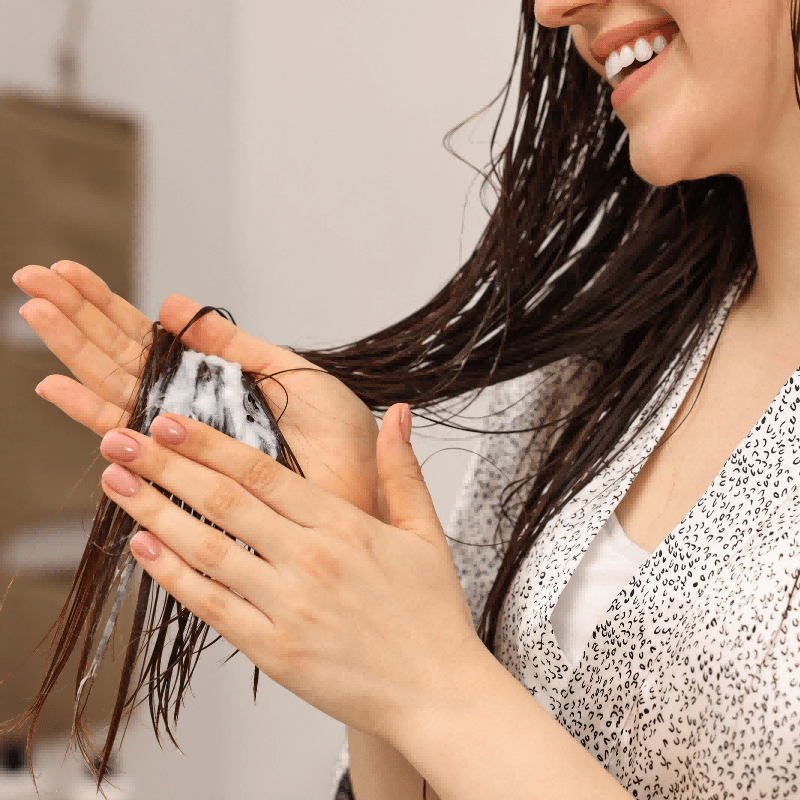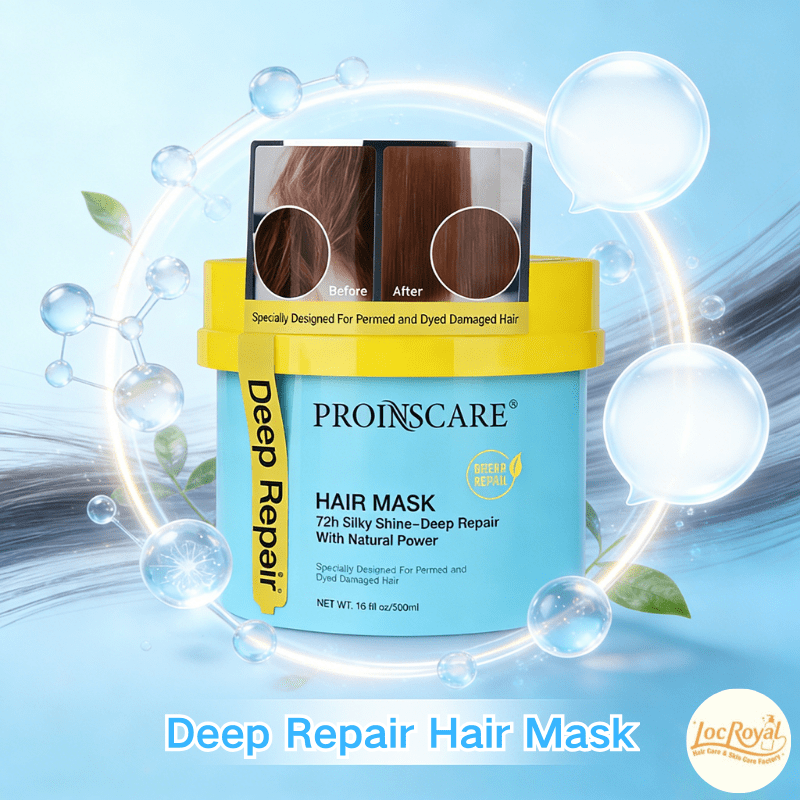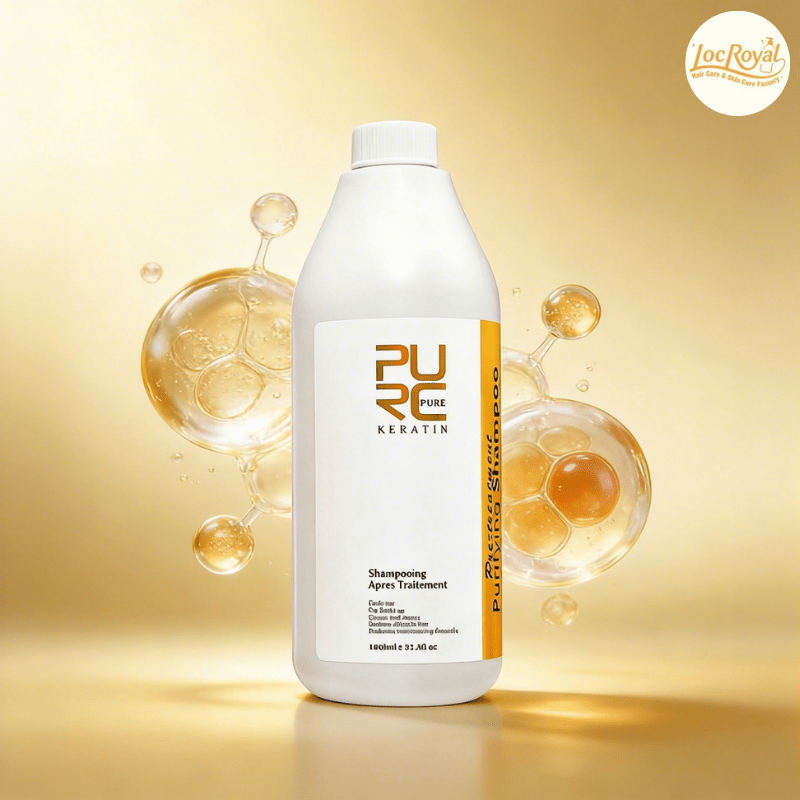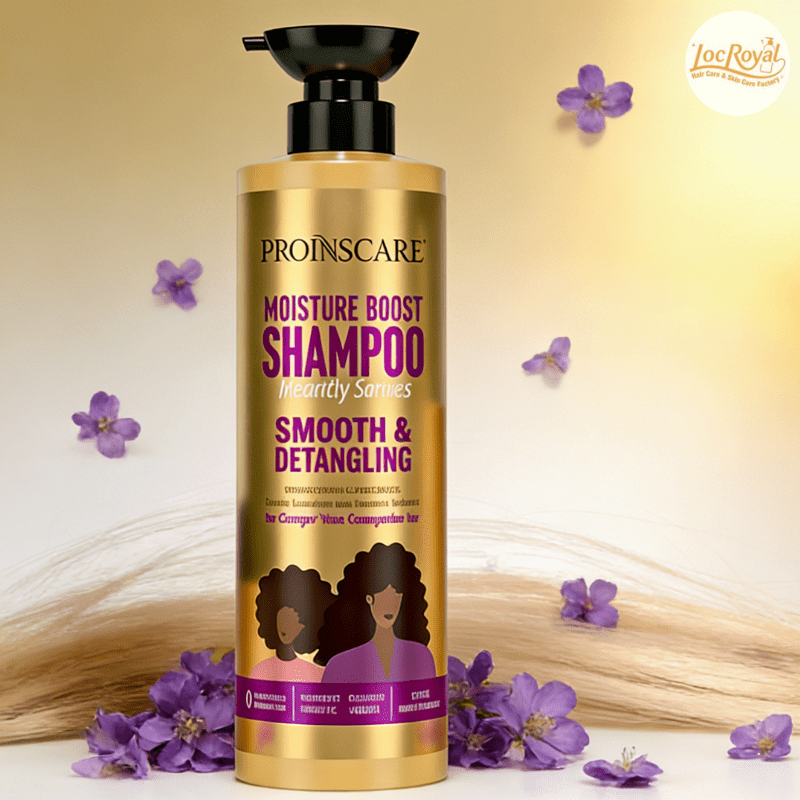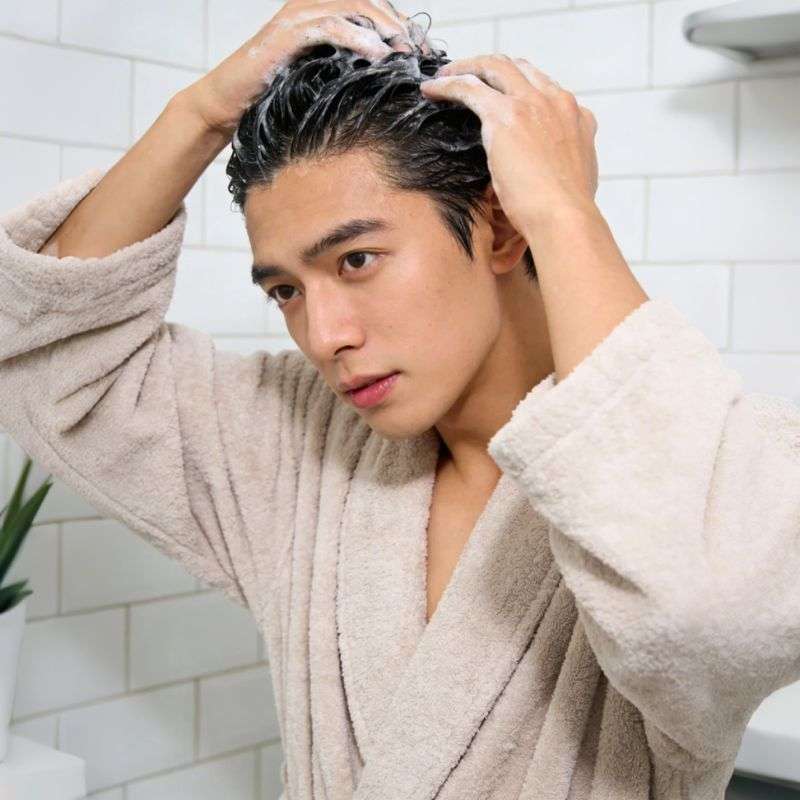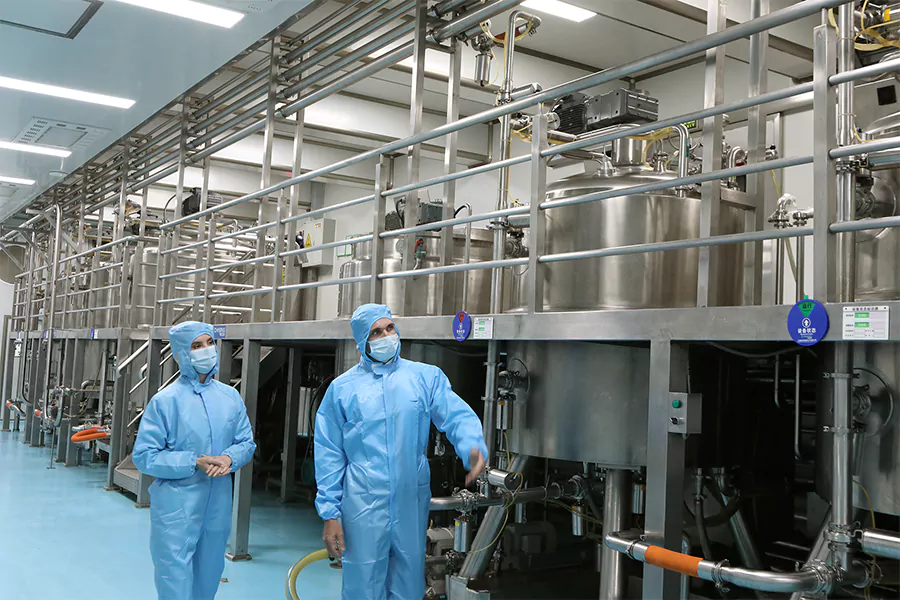In this day and age of an oversaturated beauty industry, it’s more difficult than ever to make a product stand out. Go into any store or browse an online retailer, and you’ll find dozens of conditioners that all say they’re the best. But they all kinda feel and look the same, and they all do the same thing. That’s precisely why an increasing number of beauty companies are utilizing custom conditioner development.
Instead of clinging to generic, mass-produced recipes, smart brands are creating their own proprietary products — from recipe to packaging. They’re working with experienced hair care manufacturers to create conditioners that express their brand’s very specific vision and address their audience’s needs.
If you’re developing a line for salons, launching a green lifestyle business, or trying to penetrate the men’s grooming industry, a private label conditioner that resonates with your target market is a must. This guidebook walks you through everything you’ll want to learn about making your own custom conditioner, from ingredients and hair types to worldwide compliance and production size.
So go ahead and create your own personal signature conditioner.
Understanding the Real Pain Points Behind Private Label Conditioner Development
Prior to creating the perfect conditioner for your brand, it’s worth knowing the most common issues brands face in this product type. If you are looking to create a product from scratch, you’ve likely wondered:
Why do conditioners all do the same thing?
What really makes one product better than another?
Can you actually create your own shampoo and conditioner on a limited budget?
The reality is that most conditioners sold these days are very homogenized. That is, they use a generic formula with very little room for creativity. That makes it hard for brands to stand out unless they are using a hair care manufacturer that offers full customization.
The other roadblock? Most new owners of new brands are not really sure how to match the proper formula with their customers’ problems. They might choose a conditioner that smells amazing but doesn’t actually address any real problem — like dryness, thinning, or sensitivity.
And lastly, the fear of high expense and compliance risk. The majority of small businesses believe that they cannot afford private label conditioner production or that they must order enormous amounts just to begin. But with the proper hair care suppliers, the situation no longer applies.
And how can you be sure that the formula is right for your target market?
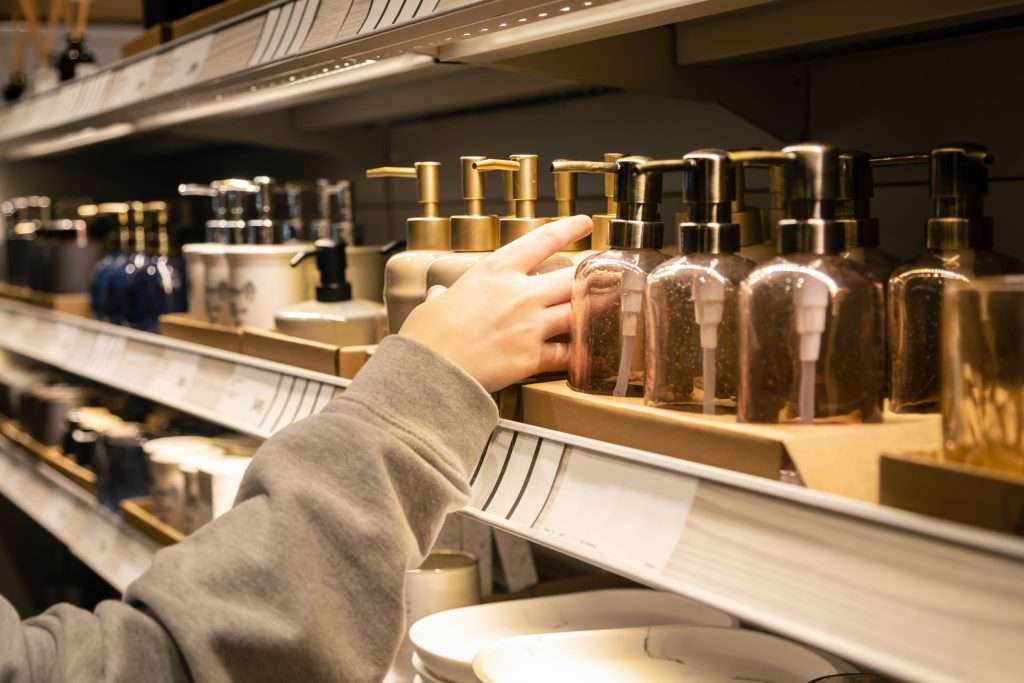
Popular Conditioner Types and Their Application Scenarios
Selecting the proper type of custom conditioner begins with learning about various formulas and for whom they are designed. There is a chart that outlines common types of conditioners, their ingredients, and the hair types and clients for whom they are most suitable.
Popular Conditioner Types and Their Application Scenarios
| Conditioner Type | Core Active Ingredients | Target Hair Types / Needs | Market Positioning Example |
| Repairing Conditioner | Keratin, Amino Acids, Ceramides | Damaged, dry, chemically treated, split ends | High-End Salon Treatments |
| Moisturizing Conditioner | Hyaluronic Acid, Glycerin, Essential Oils | Coarse, frizzy, dehydrated hair | Daily Home Hair Care |
| Volumizing Conditioner | Hydrolyzed Wheat Protein, Peppermint Extract | Fine, flat, or thinning hair | Youth-Oriented Beauty Brands |
| Color-Protecting Conditioner | UV Filters, Vitamin E, Antioxidants | Color-treated hair that needs fade protection | Professional Color Maintenance Lines |
| Organic / Natural Conditioner | Aloe Vera, Coconut Oil, Shea Butter | Sensitive scalps, eco-friendly customers | Green Lifestyle and Clean Beauty Brands |
| Men’s Conditioner | Zinc PCA, Tea Tree Oil, Activated Charcoal | Oily scalp, short hairstyles, scalp cleansing | Men’s Grooming and Personal Care Lines |
| Leave-In Conditioner | Argan Oil, Panthenol, Lightweight Silicones | All-day moisture, detangling, heat protection | Multi-Use Styling and On-the-Go Products |
| Co-Wash Conditioner | Botanical Extracts, Mild Surfactants, Natural Oils | Curly, coily, or textured hair types | Curly Hair and Afro-Texture Brands |
All of these types of products are fulfilling a specific customer need or lifestyle. You might be selling to eco-friendly consumers or producing a hair product private label for spas, but either activity requires getting the right product type first.
So how do you go a step further and make your product fit both your brand and market ideally?
Three Key Factors to Consider When Customizing a Conditioner
After you have a good sense of what kind of conditioner your customer base needs, it is now time to look at the details that distinguish your customized conditioner from others. There are three things to look at: your customer’s hair needs, where you are selling out of, and what your company is.
1. Scalp and hair type requirements
Each head of hair is unique. Tailoring your conditioner to typical hair issues establishes credibility with your readers.
- Oily or Flat Hair: Use a light, oil-free product with oil-controlling ingredients like peppermint or tea tree.
- Dry or Damaged Hair: Add moisturizing lipids like shea butter and proteins like keratin to revive deeply.
- Sensitive Scalps: Go soap-free and introduce soothing botanicals like chamomile or licorice extract.
This will make your product not only another generic bottle on store shelves — it will be the top conditioner in your market.
2. Regional Preferences and Compliance
Hair care needs differ across the world. You can be affected by climate, lifestyle, or even the law as to what your product must be in.
- Asia: Individuals have a liking for light textures and florals. You would need BPOM or CPNP certifications.
- Europe and the USA: More focus is placed on richer textures and certifications like ECOCERT organic. FDA compliance also applies.
- Middle East / Tropical Regions: Prioritize sun protection and color. The products should be heat, humidity, and oil deposit resistant.
That is why it is so important to find the right hair care company — they should walk you through all of that.
3. Brand Positioning
What type of brand are you creating? Your ingredients should be an extension of yourself.
- Mass Market / Retail: Select low-cost ingredients and quick manufacturing processes.
- Salon-Grade: Spend on patented actives, rare essential oils, and a salon finish.
- Functional / Cosmeceutical: Employ scientifically validated ingredients in exact concentration for noticeable effects.
With all those pieces of the puzzle in place, you’re now prepared to bring your vision to life. But whom do you bring in to do it right?
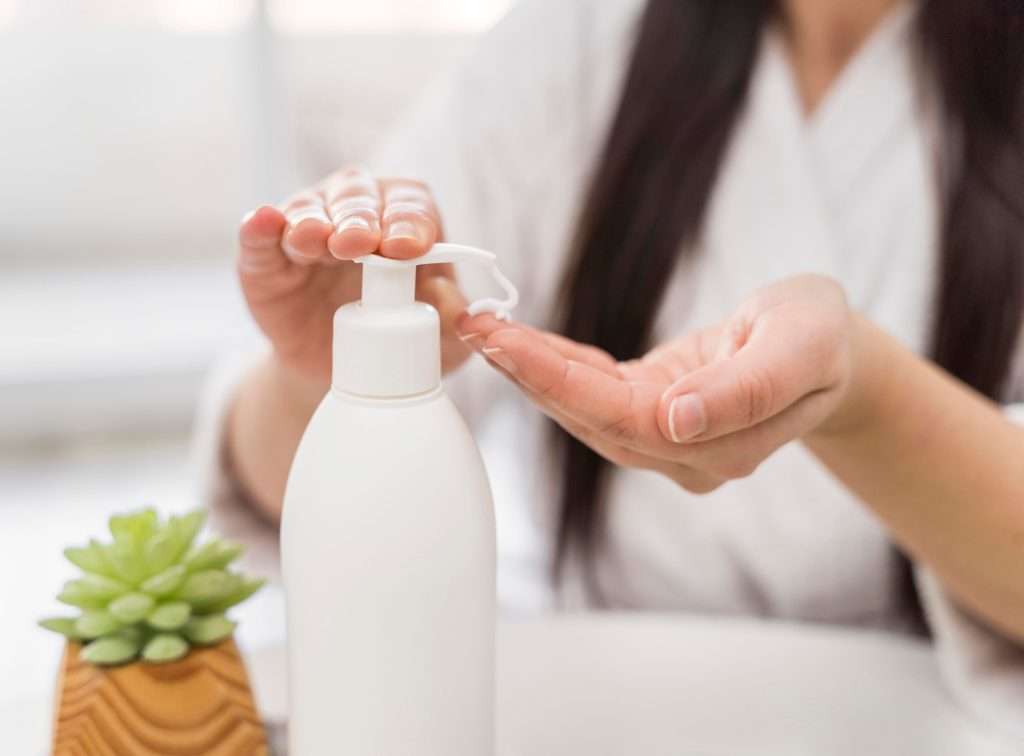
Five Reasons Why LocRoyal Should be Your Private Label Conditioner Manufacturer
Creating a custom conditioner takes more than an equation — it takes a partner you can trust who has the equipment, know-how, and flexibility to have your product on the market in no time. LocRoyal is not just a hair care factory — it’s a one-stop shop factory that simplifies creating custom products.
This is why businesses choose LocRoyal as their hair care products wholesale distributor of choice:
1. Global Compliance, Guaranteed
LocRoyal is GMPC, ISO, FDA, BPOM, and CPNP certified — meaning your product is compliant in any large market.
2. Advanced Formula Capabilities
Whether you require encapsulation of active ingredients, oil suspensions, or sensitive textures, LocRoyal can achieve this with precision via computerized equipment.
3. Clean Facilities & Production That Work
With 150 tons of daily output and a Class 100,000 dust-free cleanroom, LocRoyal provides prompt shipping of bulk orders without sacrificing quality.
4. Adjustable MOQ and Complete Personalization
Start small at 5,000 units or grow as you grow. LocRoyal also has full customization of scent, feel, and package.
5. Total Transparency and Traceability
Each step, from material to shipping, is monitored with computer systems to guarantee your private label conditioner contains the highest quality and safety standards.
When you need a hair care supplier you can trust, LocRoyal is here to create your product — and your company.
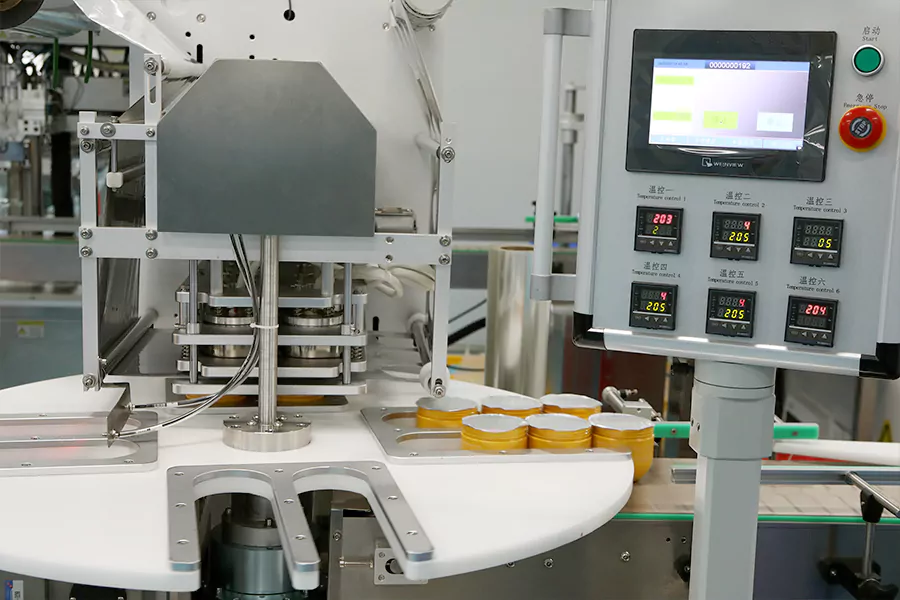
Partner with LocRoyal to Develop Your Own Private Label Hair Care Line
If you’ve ever dreamed of launching a signature hair care product line or growing your brand with show-stopping products, now is the time. With a private label conditioner, you can give something your customers simply can’t find anywhere else — and LocRoyal gives you all the resources you need to make it happen.
From design and concept to small batch production and testing, LocRoyal is with you every step of the way. You’ll enjoy expert guidance, quality ingredients, and complete control over how your product performs, feels, and looks.
You don’t have to do it alone. With the right hair care manufacturer, you can formulate your own private label shampoo and conditioner, expand your business, and build customer loyalty — in a compliant and cost-effective way.
LocRoyal is a professional hair care manufacturer; we have our own brands, “PURC” and “PROINSCARE,” and can offer private label hair care product customization services.
FAQs
Q: Can I produce my own shampoo and conditioner using LocRoyal?
Yes! LocRoyal offers full solutions to create your own shampoo and conditioner, from formula creation to packaging design and production.
Q: What is the minimum order for a private label conditioner?
You can start with a minimum of 5,000 units — perfect for pilot product launch or low-volume testing.
Q: Does LocRoyal assist in attaining global compliance?
Indeed. Our hair care manufacturing facility is FDA, ISO, BPOM, and CPNP certified, and your own label conditioner will be to all international standards.
Q: Why is LocRoyal appropriate for private label conditioner manufacturing?
LocRoyal combines state-of-the-art R&D, flexible manufacturing capability, and global certifications to offer special conditioners of high quality. We support small trial lots up to full production.
Q: How can LocRoyal help me pick the right formula for my market?
Yes. We will assist you in choosing the optimal formula for hair type, market, and brand objectives. Niche marketing to salons, green consumers, or the men’s care market, we customize every hair care product to your needs.

